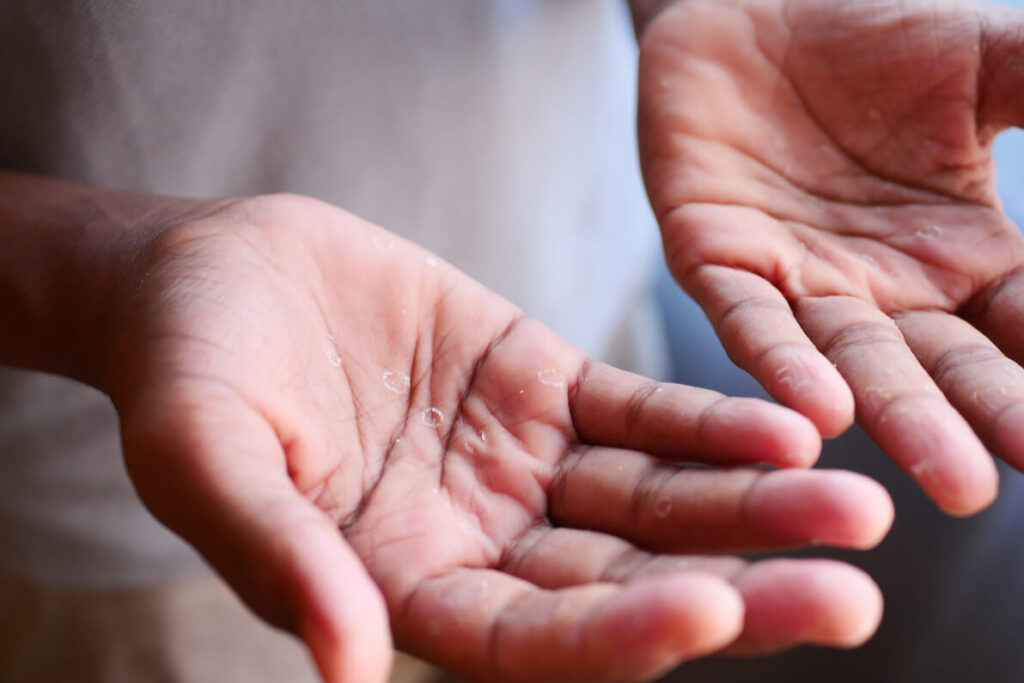The postpartum period is a time of profound physical and hormonal changes for new mothers. Amid the joy of welcoming a new life, some women find themselves grappling with unexpected changes in their skin, including the onset or worsening of acne. While various factors can contribute to postpartum acne, one element that may often be overlooked is alcohol consumption. In this article, we explore the intricate relationship between alcohol, hormonal balance, and the development of acne, shedding light on how this connection can impact postpartum skincare.
Hormonal Fluctuations and Acne
Acne, characterized by the formation of pimples, whiteheads, and blackheads, often results from hormonal fluctuations that lead to increased sebum (skin oil) production. These hormonal shifts can be particularly pronounced during the postpartum period as the body adjusts to the changes that come with childbirth. While some hormonal changes are natural during this time, external factors like alcohol consumption can exacerbate the situation.
NUMA Recovery Center – Los Angeles: A Comprehensive Approach
For new mothers seeking to manage postpartum acne and overall well-being, programs like NUMA Recovery Center – Los Angeles offer comprehensive support. These programs emphasize holistic health and recovery, providing resources for individuals striving to achieve balance in their physical and emotional well-being. By addressing the root causes of acne, such as hormonal imbalances and inflammation, programs like NUMA Recovery Center – Los Angeles can contribute to healthier, clearer skin.
The Disruptive Role of Alcohol
Alcohol consumption has the potential to disrupt the delicate hormonal balance in the body. Studies suggest that alcohol can interfere with the endocrine system, which regulates hormones. Excessive alcohol intake may lead to an increase in androgen hormones, which stimulate sebum production. Elevated androgen levels can result in oilier skin, clogged pores, and ultimately, acne formation.
Sebum Production and Acne
Sebum, the skin’s natural oil, is produced by sebaceous glands. When hormonal imbalances occur, these glands can become overactive, producing excess sebum. This excess oil can mix with dead skin cells and bacteria, clogging pores and providing a breeding ground for acne-causing bacteria. Alcohol’s impact on hormone levels can contribute to the excessive production of sebum, setting the stage for acne development.
Inflammation and Acne
Another way alcohol contributes to acne is through its role in inflammation. Excessive alcohol consumption triggers an inflammatory response in the body, which can affect the skin as well. Inflammation is a driving force behind the redness, swelling, and pain associated with acne. For new mothers already dealing with hormonal changes, the added inflammation from alcohol can exacerbate existing acne or lead to the formation of new breakouts.
Taking Care of Postpartum Skin
Navigating postpartum acne requires a multifaceted approach that includes proper skincare, hormone regulation, and a healthy lifestyle. Reducing alcohol consumption or avoiding it altogether can help restore hormonal balance and minimize the risk of acne flare-ups. Combining this with a consistent skincare routine, a balanced diet, and stress-reduction techniques can lead to improved skin health and overall well-being for new mothers.
Conclusion
The postpartum period is a time of change and adjustment, both emotionally and physically. By understanding the impact of alcohol on hormonal balance and acne formation, new mothers can make informed choices to protect and nurture their skin. Programs like NUMA Recovery Center – Los Angeles provide valuable resources for individuals seeking a holistic approach to postpartum skincare. By prioritizing self-care and making mindful choices, new mothers can enjoy clearer, healthier skin as they embrace the journey of motherhood.…


